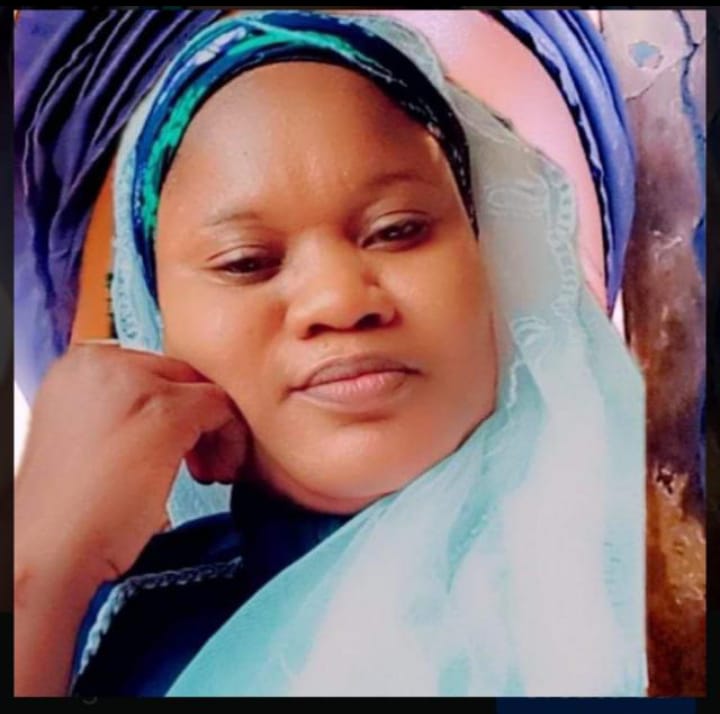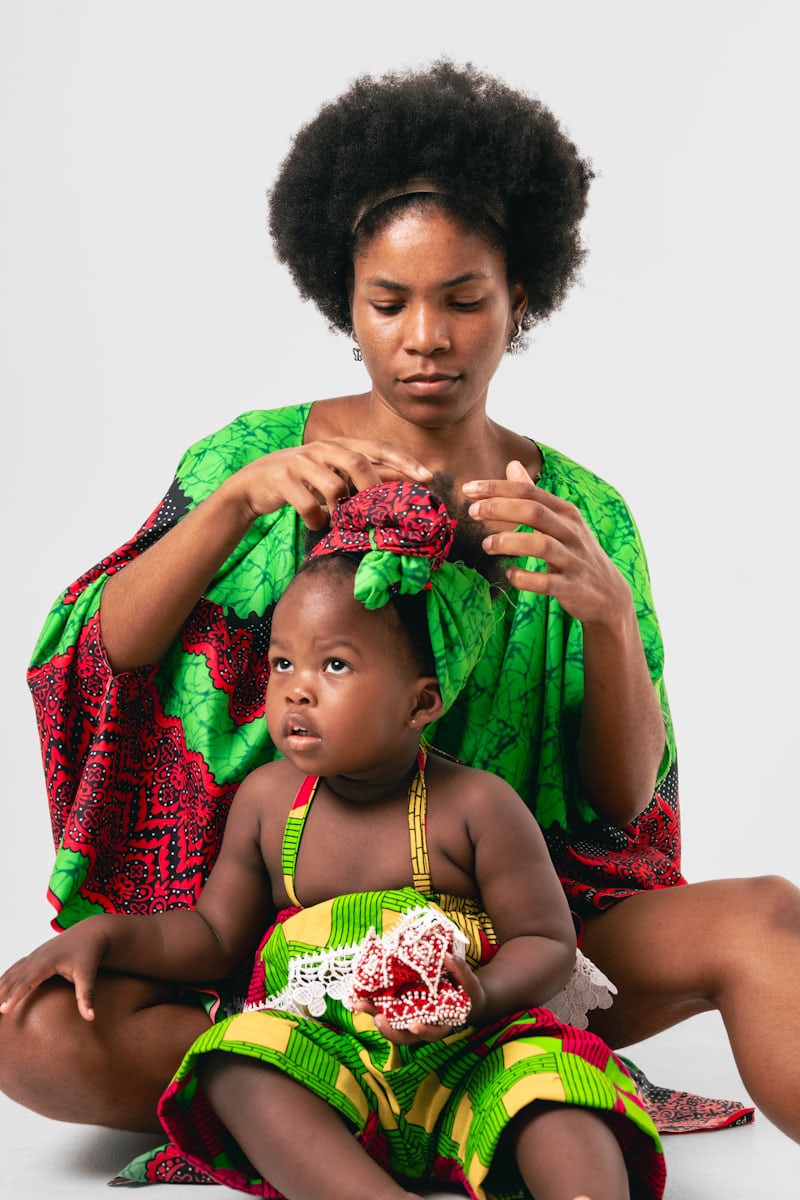Motherhood: The Silent Heroism Behind the Smile. By Falilat Oreoluwa Dikko

Motherhood: The Silent Heroism Behind the Smile

When we speak of bravery, we often picture men in uniform on battlefields, leaders standing before crowds, or activists risking it all for justice. Yet one of the greatest acts of courage is often performed quietly, without fanfare, within the walls of hospitals and homes. It is the act of motherhood. To many, childbirth is simply a natural process, but behind it lies a depth of sacrifice, endurance, and resilience that deserves the world’s recognition.
Consider the Cesarean Section. Few people pause to reflect that it is one of the only major surgeries in the world where, after cutting through seven layers of the human body, the patient is expected to rise within hours. In any other surgical context, be it appendectomy, hernia repair, or even a fractured bone, the patient is granted the dignity of days, sometimes weeks, of recovery. But in the case of a new mother, she must not only stand but also nurture, cradle, and sustain another fragile life. Picture a woman in Accra who, at dawn, undergoes a C-section, and by evening, with stitches still fresh, is cradling her child with shaky arms, whispering love through the haze of pain. Imagine a mother in New York who bends to comfort her crying infant in the middle of the night, though her abdomen still feels as though it has been set ablaze. These are not isolated stories; they are universal truths.

Pregnancy itself is a marathon, a nine-month journey often mistaken for a season of glow and joy. The truth is, behind the smile of many expectant mothers lies morning sickness that lingers all day, swollen feet that feel like stones, restless nights where sleep is stolen by discomfort, and a constant worry about the child within. In villages in Kenya, heavily pregnant women still walk miles under the sun to fetch water. In Tokyo, women juggle the stress of corporate jobs with hospital visits. Across continents, the story is the same: discomfort masked with courage, pain endured in silence. As an old Yoruba proverb says, “a child grows by leaning on the inside of its mother”. Pregnancy is not merely biology; it is a sacred covenant of sacrifice.
And then comes labour. If pregnancy is the marathon, labour is the final uphill sprint. Medical scientists attempt to measure the intensity of its pain, often equating it to the breaking of multiple bones at once. But no yardstick can truly capture the agony of labour contractions that ripple through a woman’s body. In some cases, hours of excruciating effort result in natural delivery. For others, complications such as breech positioning or fetal distress demand emergency surgery. In Boston or Johannesburg, in Lagos or Mumbai, the story is unpredictable, dangerous, and often a matter of life and death. According to the World Health Organization, nearly 800 women still die each day from pregnancy and childbirth complications, the majority in low-income nations. Behind every statistic lies a mother, a story, a family torn between joy and grief.
Yet childbirth is not the end of the ordeal, it is merely the beginning of another chapter. The postpartum stage is one of the most overlooked and misunderstood periods of a woman’s life. The uterus contracts painfully as it tries to shrink back to its original size. Hormones fluctuate like an unpredictable storm, leaving many women on an emotional roller coaster that ranges from euphoria to tears to the darkness of postpartum depression. Breasts swell painfully with milk, nipples crack, and sleep becomes a luxury abandoned at the door of the maternity ward. Imagine a young mother in Paris who has not had more than two hours of uninterrupted sleep in weeks, yet must smile when friends visit. Or a woman in rural India who returns to farm work within days of delivery, her body still healing, her spirit still adjusting to new responsibilities.

Layered upon these physical realities are the social burdens many women carry. Single mothers raise children alone, playing both father and mother, often with little or no support. Some women endure emotional or physical abuse, yet summon strength to rise each morning for the sake of their children. In conflict-torn regions like Sudan or Gaza, mothers protect and raise children amid hunger, displacement, and fear, proving that resilience has no geography. Even in the so-called peaceful societies of the West, women face the subtle pressure to “bounce back” immediately after childbirth, as though the Herculean task of bringing forth life could be followed by a flawless return to former beauty and productivity.
It is here that the irony of motherhood shines through: the world demands so much of women, yet offers so little in return. The late Maya Angelou once said, “To describe my mother would be to write about a hurricane in its perfect power.” Indeed, every mother, whether in the rice fields of Vietnam or the skyscrapers of Manhattan, embodies this storm of strength wrapped in tenderness. They are the unsung heroes who turn pain into patience, heartbreak into hope, and sacrifice into survival.
Yet, while we glorify their resilience, we must also acknowledge the urgent need for change. It is not enough to praise mothers with poems and flowers once a year. The world must create systems that genuinely support them. Governments must invest in maternal healthcare so that no woman dies while giving life. Employers must design maternity leave policies that prioritize both mother and child. Communities must remove the stigma around postpartum depression and encourage open dialogue. Families must step up to share responsibilities, remembering that raising a child is not solely a woman’s duty but a collective one.
The journey of motherhood is not a fairy tale but a battlefield, one fought in silence, with blood, sweat, and tears, yet wrapped in a smile. It is nine months of carrying another life, the agony of labour, the endurance of surgery, the endless nights of breastfeeding, and the unrelenting challenges of raising a child. It is heartbreak and healing, sacrifice and survival, despair and delight, all woven into one experience.
To every mother across the globe—from the refugee camps of Syria to the buzzing streets of Lagos, from the apartments of Paris to the villages of India—this truth remains constant: you are stronger than you realize, braver than you admit, and more beautiful than any words can capture. The world may not always applaud you, but your strength is the very foundation of humanity.
Here’s to mothers, the silent heroes who shape the destiny of mankind. They do not wear medals or uniforms, yet they bear scars far deeper. They may not make the headlines, yet without them, there would be no future to write about.
Falilat Oreoluwa Dikko,
Author and public affairs analyst, writes from Lagos, Nigeria.
27th August, 2025



